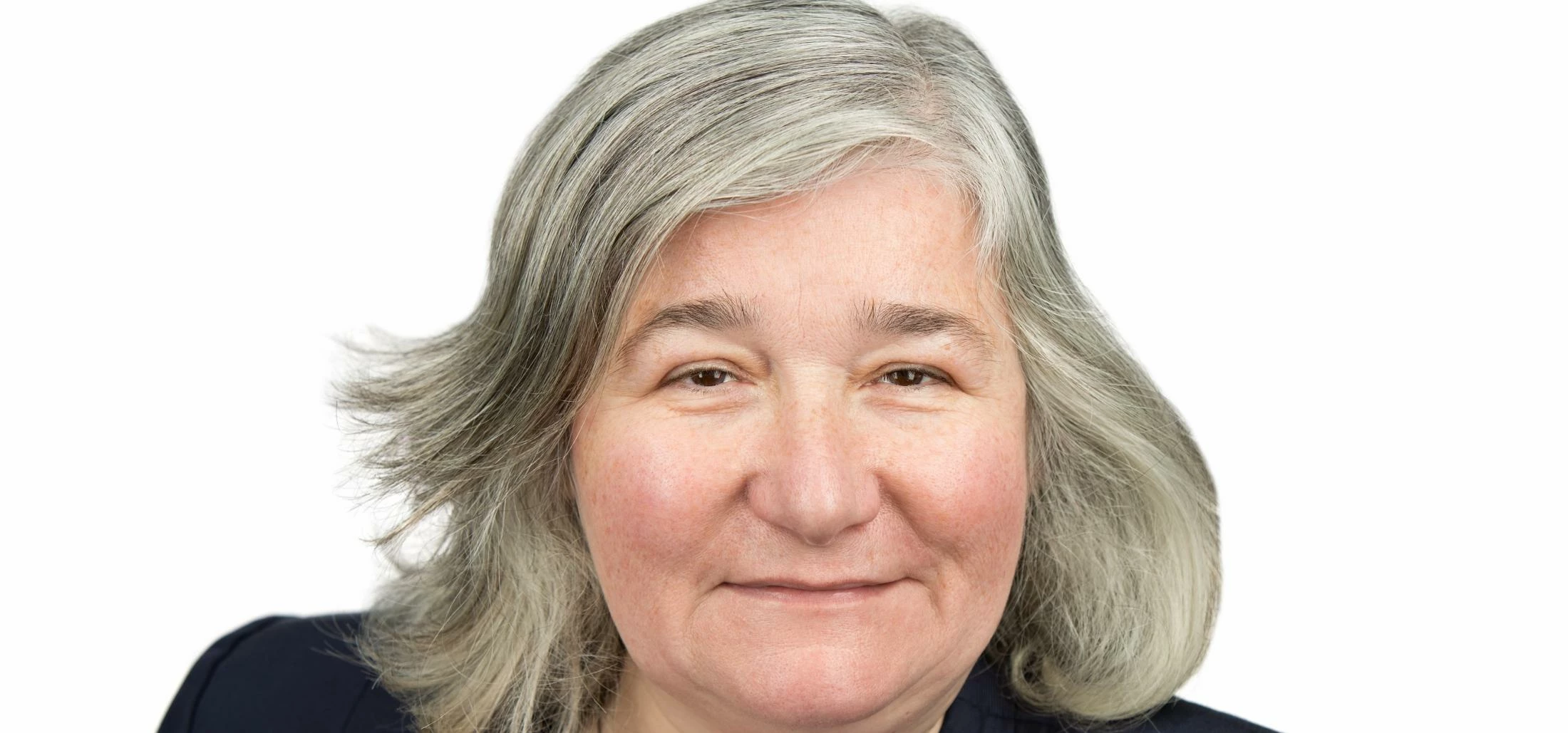
Partner Article
Lawyers warn travellers to U.S. of data danger
People travelling to the USA were today warned to be wary of handing over details of their social media accounts and telephone data to Border officials.
National law firm Clarke Willmott LLP has advised its own lawyers that they could be breaking Data Protection regulations and client confidentiality obligations if they comply with the current regime, which invites participants in the visa waiver program to give up social media details on a voluntary basis.
Susan Hall, Partner with Clarke Willmott, said: “From 20 December 2016 the online system which allows visitors to the US from countries which benefit from the visa waiver system, which includes the UK, has included a new question.
“It reads: ‘Social Media (optional) please enter information associated with your online presence.’ This invites the applicant to fill in details of the social media platforms used by the applicant and their user names associated with those platforms.”
Reports coming out of America say that President Donald Trump has asked for this to be made compulsory and extended to cover website browsing history. Whether anything comes of this further proposal, Susan Hall, who is an IT and data protection specialist, says the informal arrangement already produces complex social and legal dilemmas.
She said: “After a six hour flight to the USA it is very difficult for a person to resist giving information if called into a room and asked why they did not fill in a particular part of an entry requirement. The USA reserve the right to turn people away at the border, but the practicalities of that mean that someone could be stuck at an airport with little support and feel pressured into giving information.
“Many people use different aspects of social media for different parts of their lives. Many business people might use Linked In for business but use Facebook for interacting with friends. If you have to reveal all of the links then it is possible for a third party to put different parts of your life together.
“There is growing concern about how this information might be used or stored. There is also concern about what exactly border officials are looking for. Are they checking a person’s political affiliation? Their religion? Cross-checking information already obtained from other sources?
Since nobody carries out social media in a vacuum, by handing over your own details to somebody you will also be handing over access to your friends, work colleagues and associates. This gives rise to real data protection concerns. Just because something has been shared on social media doesn’t stop it being personal data, and the combination of social media data with other data in unexpected ways gives rise to a real risk of breach of the data protection act.
“Given the speed with which the first week of the Trump administration rewrote the political landscape and the use of executive orders to do so, this is a dynamic area, and one where anyone proposing to travel to the US needs to be aware of might be required.”
Susan Hall says businesses need to be particularly vigilant about keeping data confidential as their browsing history and social media contacts could provide information that could be useful to commercial rivals.
She said: “We are setting out revised guidelines for our own lawyers to follow with respect to social media, to ensure people are aware of the issues of data protection and client confidentiality compliance which developments like this cover.”
Clarke Willmott LLP is a national law firm with seven offices across the country, including Birmingham, Bristol, Cardiff, London, Manchester, Southampton and Taunton.
For more information about Clarke Willmott visit www.clarkewillmott.com
This was posted in Bdaily's Members' News section by Clarke Willmott .
Enjoy the read? Get Bdaily delivered.
Sign up to receive our popular morning National email for free.








 Raising the bar to boost North East growth
Raising the bar to boost North East growth
 Navigating the messy middle of business growth
Navigating the messy middle of business growth
 We must make it easier to hire young people
We must make it easier to hire young people
 Why community-based care is key to NHS' future
Why community-based care is key to NHS' future
 Culture, confidence and creativity in the North East
Culture, confidence and creativity in the North East
 Putting in the groundwork to boost skills
Putting in the groundwork to boost skills
 £100,000 milestone drives forward STEM work
£100,000 milestone drives forward STEM work
 Restoring confidence for the economic road ahead
Restoring confidence for the economic road ahead
 Ready to scale? Buy-and-build offers opportunity
Ready to scale? Buy-and-build offers opportunity
 When will our regional economy grow?
When will our regional economy grow?
 Creating a thriving North East construction sector
Creating a thriving North East construction sector
 Why investors are still backing the North East
Why investors are still backing the North East